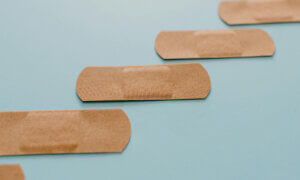For the first time ever, scientists were able to prove that a brain implant can boost memory, a feat Alzheimer and dementia-affected people will benefit immensely from #todaymagic
A team from the University of Southern California (USC) was able to create and demonstrate the potential of a “memory prosthesis”. In a New Scientist report, their device was dubbed to be the first of its kind to actually improve human memory, reversing the effects of time passing and improving the performance of student and professionals’ lives.
Dong Song, a research associate, put into perspective the groundbreaking discovery its team did: “We are writing the neural code to enhance memory function. This has never been done before.” Bioengineering is at a point where it can fight against nature, fight against time and augment humans. The brain implant was tested with the help of 20 volunteers. They were already in the process of having electrodes put into their brains to treat epilepsy.
Scientists used those to collect data regarding the brain activity experienced whenever short-term memory or working memory was challenged. With that data, they could determine a pattern associated with best memory performance and adjust the electrodes to stimulate the brain in that precise way in order to see improvement.
The changes brought about 15% better short-term memory and 25% more working memory. These are outstanding, encouraging results for people over the age of 65, who are most at risk for Alzheimer. But it can also be a starting point for technology that can boost memory temporarily, like during exams, or in a challenging situation at work.
Follow TechTheLead on Google News to get the news first.

























